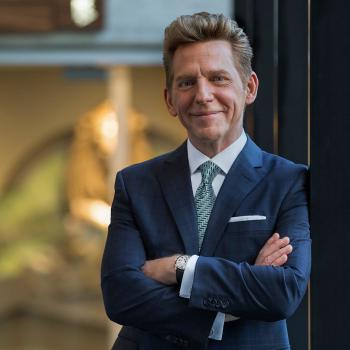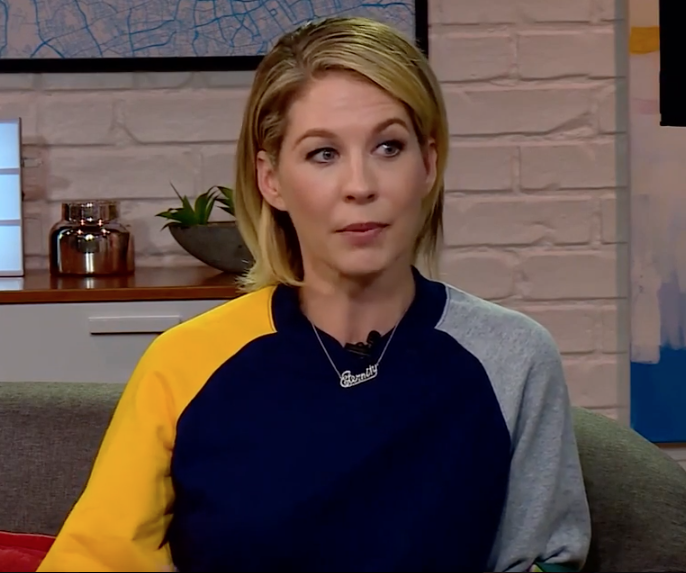Over the years, I’ve pretty consistently been interested in the spiritual side of existence – whether man and woman-kind are basically spiritual in nature or whether we are a happy accident of ancient molecular collisions.
To a large extent I’m probably a 35+ year Scientologist because I found Scientology addressed that question head-on and, what’s more, allowed me to come to a definitive and personal answer to it for myself. That the philosophy of Scientology is built on the bedrock tenet that we are spiritual in nature was not really enough. That it provided a route by which I could test that tenet for myself and through observation come to my own conclusion about it has been, for me, both different and a key motivation for my continuing study of Scientology.
I’ll go a step further — I’ve come to believe that that question – are we spiritual or are we marvelously organized mud – is central for many people and many of our social and personal triumphs as well as our ills.
I think we see daily evidence of the importance of that question in battles played out across the pages of the news. One example, the battle for control of our brains (not “minds” which is an ephemeral thing, but our “brains” which is undeniably of the material universe), also serves to hint at why Scientologists are often passionate about abuses in the field of mental health.
How many billions of marketing dollars have been spent promoting the latest miracle chemical cure for anxiety-depression-social ineptness-mania-lack of attention-too much attention-etc.?
Yes, that outlay represents an effort to sell something and to turn a profit but behind and intertwined with the blah-blah about the specific drug-du-jour, there has been an impelling, continuing message: that we are a collection of interacting chemicals and nothing more.
I don’t care what religion you embrace, if we truly believed that some fundamental essence of what we are is spiritual, we would not tolerate putting 10 million children on mind altering drugs as a “solution” to behavior.
We’d look elsewhere for a less demeaning approach.
In short, I believe this is a central question, perhaps the central question. And I believe that religion as a whole, certainly not Scientology alone, is faced with the daunting task of reminding us that “all may not be merely material.”
Unfortunately, there is no sweeping, society-wide way to answer this question, no magic incantation that will bring one and all to a conclusion. By its nature it is always an individual question that must be answered by individuals.
I supposed my continued affinity for Scientology is based in no small part on the fact that it takes the novel approach of staunchly proposing that I am not only capable of answering it for myself, but that I am the only one who truly can.








